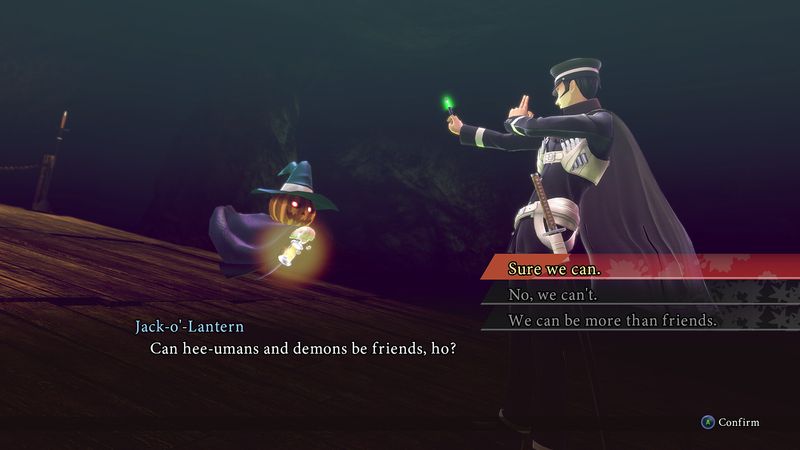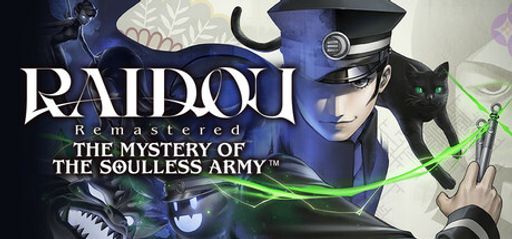 I just finished playing RAIDOU Remastered: The Mystery of the Soulless Army. ATLUS developed this detective RPG, while SEGA published it worldwide. Not surprisingly, fans praised the visual overhaul and quality-of-life updates. One Steam review even called it a “demon infused glow up.” As expected, players begged for more remasters. They especially love the full voice acting and expanded 3D city.
I just finished playing RAIDOU Remastered: The Mystery of the Soulless Army. ATLUS developed this detective RPG, while SEGA published it worldwide. Not surprisingly, fans praised the visual overhaul and quality-of-life updates. One Steam review even called it a “demon infused glow up.” As expected, players begged for more remasters. They especially love the full voice acting and expanded 3D city.
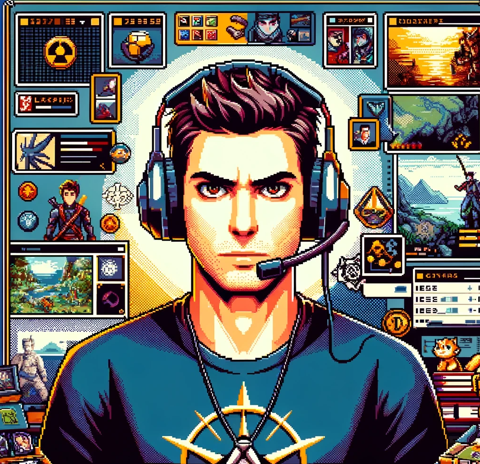 Naturally, I dove into every corner of Taisho-era Tokyo. I summoned over 120 demons. Thanks to the new autosave and quicksave, I chased collectibles without worry. I particularly admired the reverse fusion option—it cut down backtracking a lot. That said, my only gripe was a few fetch quests that felt padded. Honestly, they slowed my detective flow.
Naturally, I dove into every corner of Taisho-era Tokyo. I summoned over 120 demons. Thanks to the new autosave and quicksave, I chased collectibles without worry. I particularly admired the reverse fusion option—it cut down backtracking a lot. That said, my only gripe was a few fetch quests that felt padded. Honestly, they slowed my detective flow.
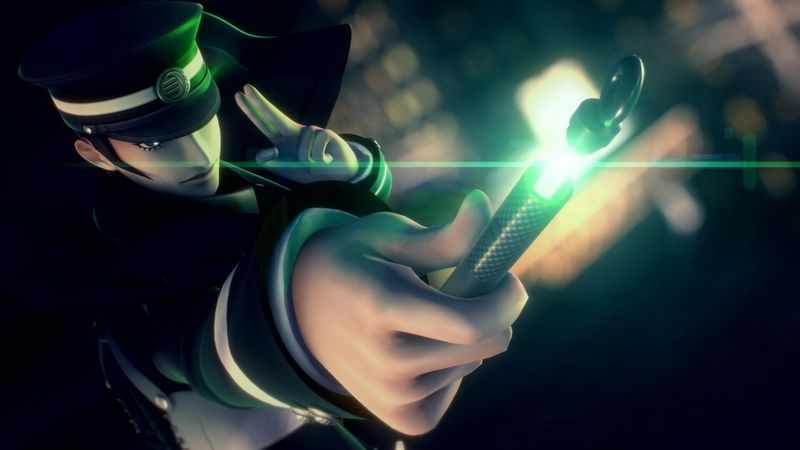
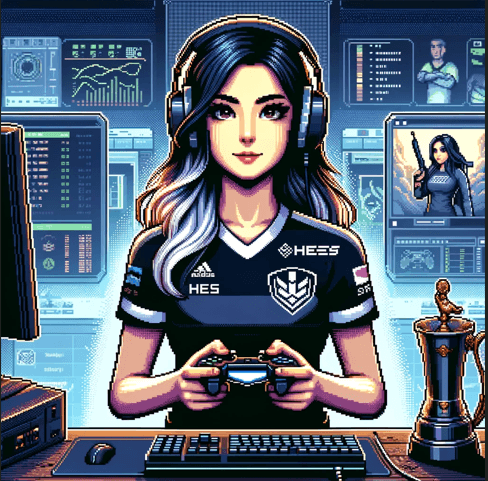 When it comes to combat, it reminds me of Devil Summoner 2: King Abaddon with its real-time system. Basically, you summon two demons at once and chain attacks. The third-person camera gives tactical angles, which really rewards precise timing. If I had to compare, I’d say it has the darker tone of Shin Megami Tensei III: Nocturne, but Raidou feels more action-oriented. Also, I absolutely love the fast cooldown on demon skills.
When it comes to combat, it reminds me of Devil Summoner 2: King Abaddon with its real-time system. Basically, you summon two demons at once and chain attacks. The third-person camera gives tactical angles, which really rewards precise timing. If I had to compare, I’d say it has the darker tone of Shin Megami Tensei III: Nocturne, but Raidou feels more action-oriented. Also, I absolutely love the fast cooldown on demon skills.
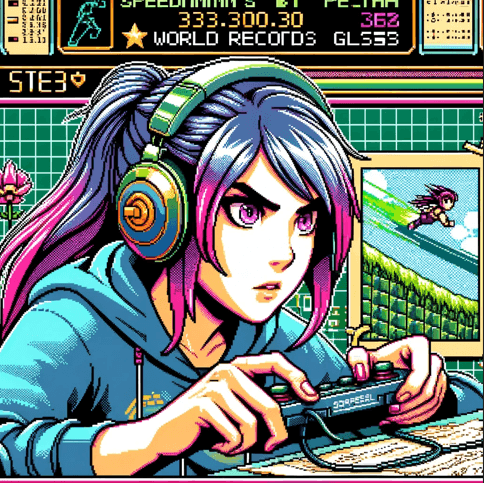 Speaking of action, I tested speedruns on PS5. Infinite bullets and free healing really cut grind time. Plus, the autosave locations save crucial seconds. The smoother camera eliminates awkward cuts. I beat chapter one in just 45 minutes. Honestly, I think this remaster might top my best run on the original PS2 game.
Speaking of action, I tested speedruns on PS5. Infinite bullets and free healing really cut grind time. Plus, the autosave locations save crucial seconds. The smoother camera eliminates awkward cuts. I beat chapter one in just 45 minutes. Honestly, I think this remaster might top my best run on the original PS2 game.
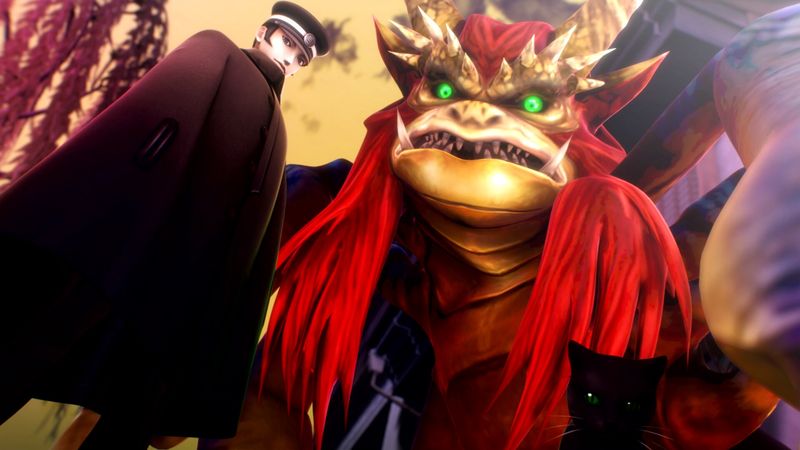
 As for the story, it kicks off when a young heiress hires Raidou to kill her—and then she vanishes. According to ATLUS, they aimed for a “detective meets demon summoner” twist. From there, you chase clues across the Capital and the Dark Realm. In my experience, the plot twists kept me hooked. The dialogue feels sharp, and the lore notes add meaningful depth to every scene.
As for the story, it kicks off when a young heiress hires Raidou to kill her—and then she vanishes. According to ATLUS, they aimed for a “detective meets demon summoner” twist. From there, you chase clues across the Capital and the Dark Realm. In my experience, the plot twists kept me hooked. The dialogue feels sharp, and the lore notes add meaningful depth to every scene.
 On the voice acting front, it truly shines, especially in tense demon encounters. I made it a mission to hunt down every lore entry hidden in obscure rooms. Moreover, the developers added new cutscenes that deepen character bonds. For instance, I loved Io’s backstory reveal under cherry blossoms.
On the voice acting front, it truly shines, especially in tense demon encounters. I made it a mission to hunt down every lore entry hidden in obscure rooms. Moreover, the developers added new cutscenes that deepen character bonds. For instance, I loved Io’s backstory reveal under cherry blossoms.
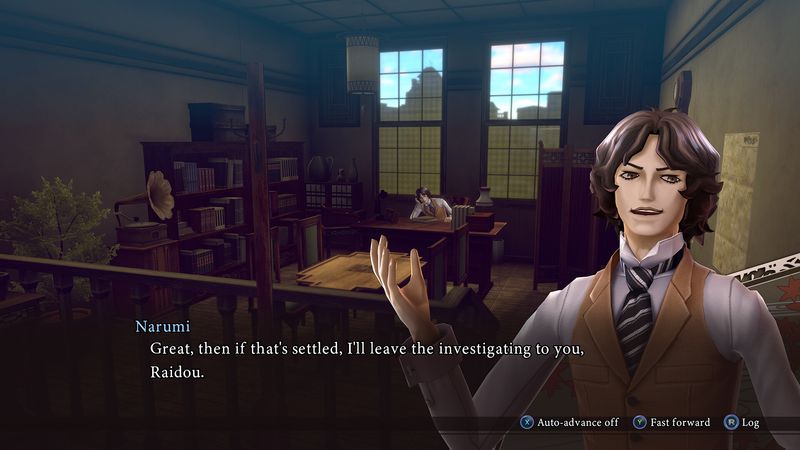
 On the voice acting front, it truly shines, especially in tense demon encounters. I made it a mission to hunt down every lore entry hidden in obscure rooms. Moreover, the developers added new cutscenes that deepen character bonds. For instance, I loved Io’s backstory reveal under cherry blossoms.
On the voice acting front, it truly shines, especially in tense demon encounters. I made it a mission to hunt down every lore entry hidden in obscure rooms. Moreover, the developers added new cutscenes that deepen character bonds. For instance, I loved Io’s backstory reveal under cherry blossoms.
 When it comes to audio, the soundtrack mixes jazz and Taisho-era melodies. At one point, I even paused my run just to replay “Shadow of the Capital.” Meanwhile, sound cues warn you of nearby demon rifts. Footsteps echo through empty halls, building real tension in the best way.
When it comes to audio, the soundtrack mixes jazz and Taisho-era melodies. At one point, I even paused my run just to replay “Shadow of the Capital.” Meanwhile, sound cues warn you of nearby demon rifts. Footsteps echo through empty halls, building real tension in the best way.
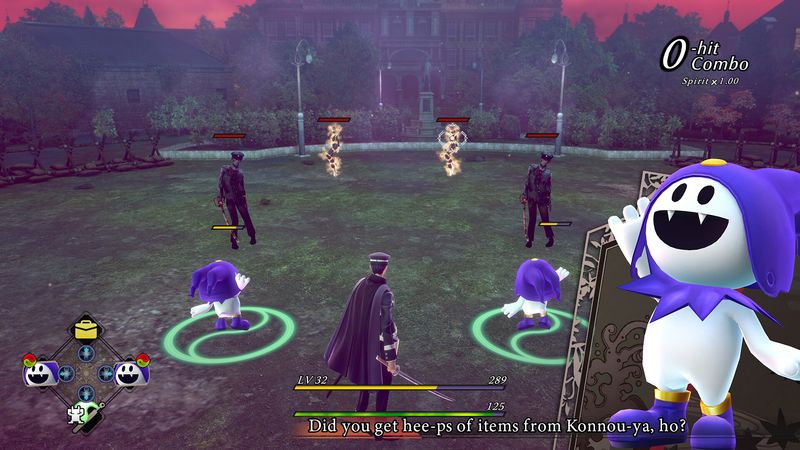
 Raidou grows from apprentice to confident detective. The heiress, Saeko, hides a true motive. Allies like Detective Otohara add humor and heart. I felt invested in every character arc.
Raidou grows from apprentice to confident detective. The heiress, Saeko, hides a true motive. Allies like Detective Otohara add humor and heart. I felt invested in every character arc.
 Combat challenges scale well. Early fights feel manageable. Mid-game bosses can spike in difficulty. You can tweak difficulty or grind fusions. That balance serves both new and veteran players.
Combat challenges scale well. Early fights feel manageable. Mid-game bosses can spike in difficulty. You can tweak difficulty or grind fusions. That balance serves both new and veteran players.
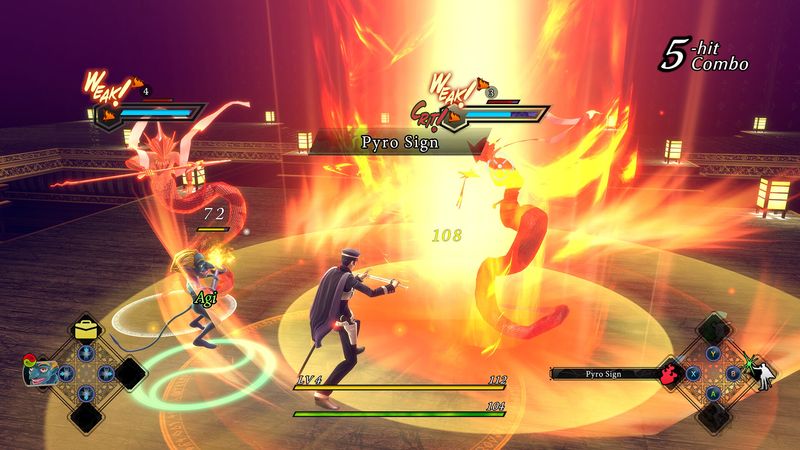
 The game offers multiple difficulties, hidden demons, and full achievement lists. I replayed twice to unlock secret fusions. It rivals Persona’s replay loops in depth.
The game offers multiple difficulties, hidden demons, and full achievement lists. I replayed twice to unlock secret fusions. It rivals Persona’s replay loops in depth.
 RAIDOU Remastered stands out with its detective mystery and real-time demon battles. It feels fresh, yet it honors the PS2 classic. It sits nicely beside Persona and Digital Devil Saga.
RAIDOU Remastered stands out with its detective mystery and real-time demon battles. It feels fresh, yet it honors the PS2 classic. It sits nicely beside Persona and Digital Devil Saga.
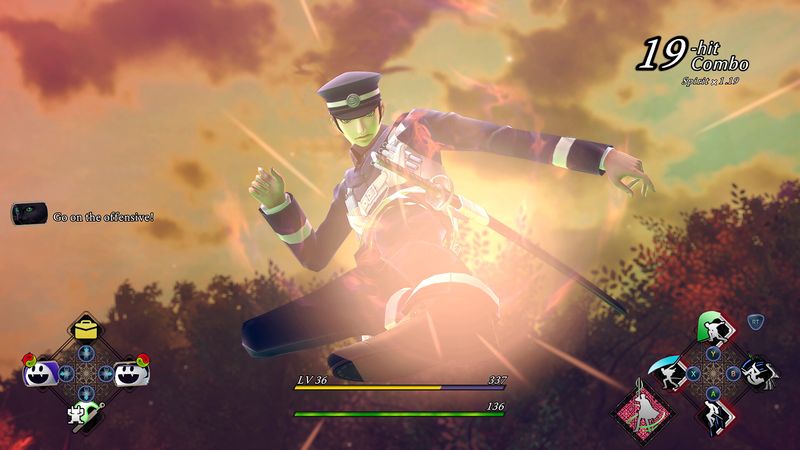
 Fans of deep RPG mechanics and dark storytelling will love Shin Megami Tensei III: Nocturne, known for its gothic art style, demon fusion system, and alignment-based choices. Devil Summoner 2: King Abaddon refines real-time combat with dual demon summoning and expanded missions. For those who enjoy social simulation and mystery, Persona 4 Golden offers strong character development, engaging dungeon crawling, and meaningful social links. Lastly, Digital Devil Saga: Avatar Tuner delivers a unique narrative centered on human-demon transformation, featuring strategic fusion mechanics and an emotional storyline. Each title provides a distinct yet immersive RPG experience worth exploring.
Fans of deep RPG mechanics and dark storytelling will love Shin Megami Tensei III: Nocturne, known for its gothic art style, demon fusion system, and alignment-based choices. Devil Summoner 2: King Abaddon refines real-time combat with dual demon summoning and expanded missions. For those who enjoy social simulation and mystery, Persona 4 Golden offers strong character development, engaging dungeon crawling, and meaningful social links. Lastly, Digital Devil Saga: Avatar Tuner delivers a unique narrative centered on human-demon transformation, featuring strategic fusion mechanics and an emotional storyline. Each title provides a distinct yet immersive RPG experience worth exploring.
